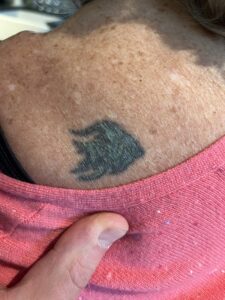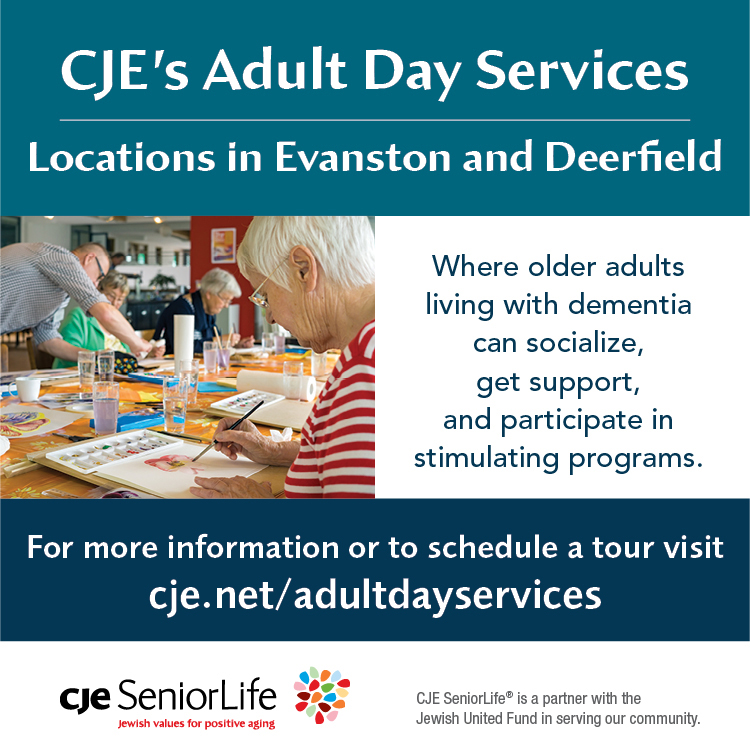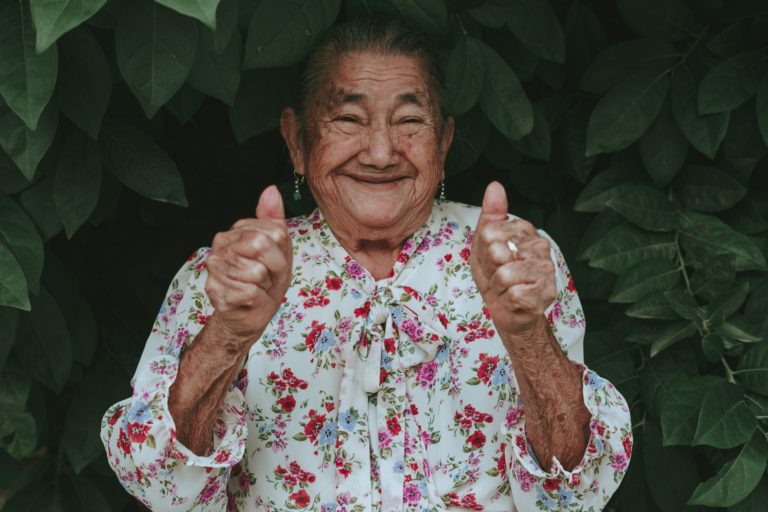
Dan is a writer, cancer survivor, and founder of Cancer Dudes, which supports men after being diagnosed with cancer.
Only 13% of people over age 65 in the U.S. have a tattoo. Here are a few of them — and the stories their tattoos tell.
Melanie Cottle’s mom would have been horrified to see the small, blue angel fish tattoo on Cottle’s upper left back.
Raised in a small Ohio farm town, Cottle’s upbringing was imbued with traditional values. Dress conservatively. Mind your manners. And never, ever get a tattoo.
Cottle, 74, carried that sense of etiquette when she moved to Chicago and embarked on a career as a professional French horn player with the Chicago Symphony Orchestra and other groups. The classical music world is not known for flamboyance, and as Cottle ascended in her career in the 1980s and ’90s, a tattoo would have nearly been unthinkable in that circle as well.
But when Cottle’s sister and her mom died within months of each other in 1997, getting that tattoo snapped her out of sadness.

“Getting a tattoo was daring, risky even, for me,” Cottle says. “I took great pains to hide it for a long time. I was afraid of what people would think; my son was shocked. But that shift in energy was kind of what I needed at that time to get out of the funk I was in.”
Clinical psychologist Cynthia Shaw, PsyD, founder of Authentically Living Psychological Services, says that many in Cottle’s generation have similar experiences with body art.
“Older generations worked in a time where tattoos, piercings, and body modifications were judged and viewed as unprofessional,” she says.
Societal attitudes in the U.S. towards tattoos began to change in recent decades. For example, early tattoo enthusiasts were often armed services members, and getting a tattoo might reflect their service time, says Todd Doyle, PhD, clinical psychologist and associate professor at Loyola University Medical Center. Now, tattoos are more commonplace and accepted among the general public.
People get tattoos today for a variety of reasons — and at a variety of ages. Some, like Cottle, use a tattoo to chronicle or commemorate important moments in their lives. Others get tattoos that are symbolic of a feeling or mood. And others simply get tattoos because…why not?
Gil LiBrizzi, 69, an architectural drafter, got his first tattoo at age 39. That tattoo represented his astrological sign, along with his wife’s sign and his son’s. They were on vacation in San Francisco and stopped in Mom’s Body Shop, a famous tattoo parlor. Why not get one? They thought.
Since then, LiBrizzi has gotten six more tattoos that represent people, experiences, or aspects of nature that hold meaning for him.

Clarice Coletta, 77, a former motorcycle store employee, had previously never thought of getting a tattoo. In her mid-30s, she divorced her husband and started dating a motorcyclist, the type of person stereotypically known for having tattoos. After breaking up with him, she got her own bike — and her first tattoo: a swallowtail. She asked her tattoo artist, Spider, to make it look like it was fluttering in the wind as she was riding her motorcycle.
“I’ve got about 16 butterfly, flower, or dragon tattoos,” she says. “They represent freedom or luck. Or, I just simply like them.”
About 13% of Americans over the age of 65 are likely to have a tattoo, according to an August 2023 Pew Research Center poll. Joe Scapini, a piercer at Jade Dragon Tattoo in Chicago, says that estimate reflects Jade Dragon’s clientele; about 10% to 15% are retirement age and older.
Doyle says that while getting a tattoo is not a frontline therapeutic strategy for working through a loved one’s death, he sees clients getting tattoos as a way to stay connected to a loved one, which itself can be therapeutic.
“Tattoos also can be a way of taking ownership over one’s body, which can be empowering,” he says.
Tattoos come with potential drawbacks, too. Cottle and LiBrizzi suggest would-be tattooers get designs that have significant meaning; otherwise, people may regret their decision to get one and may later want it removed.
And even though tattoos are more commonplace today, they also suggest thinking about the location on the body, to guard against prejudice.
Doyle says older adults should also think about potential health risks in getting them, especially immunocompromised individuals who may take longer to heal from getting a tattoo or those on blood-thinning medications who may bleed more after getting one. Always check with your doctor first.
It’s been 26 years since Cottle took her first and only plunge into the tattoo world. Does she have any regrets about getting one? Has her blue angel fish tattoo lost its impact and meaning?
“I would do it all the same,” she says. “When I look at my tattoo now, I kind of go through a quick cycle of the emotions I had back then: grief at my mom and sister’s passing, surprise that I got it, then pride that I was able to move past one of the hardest times of my life.”
A memory made permanent.








